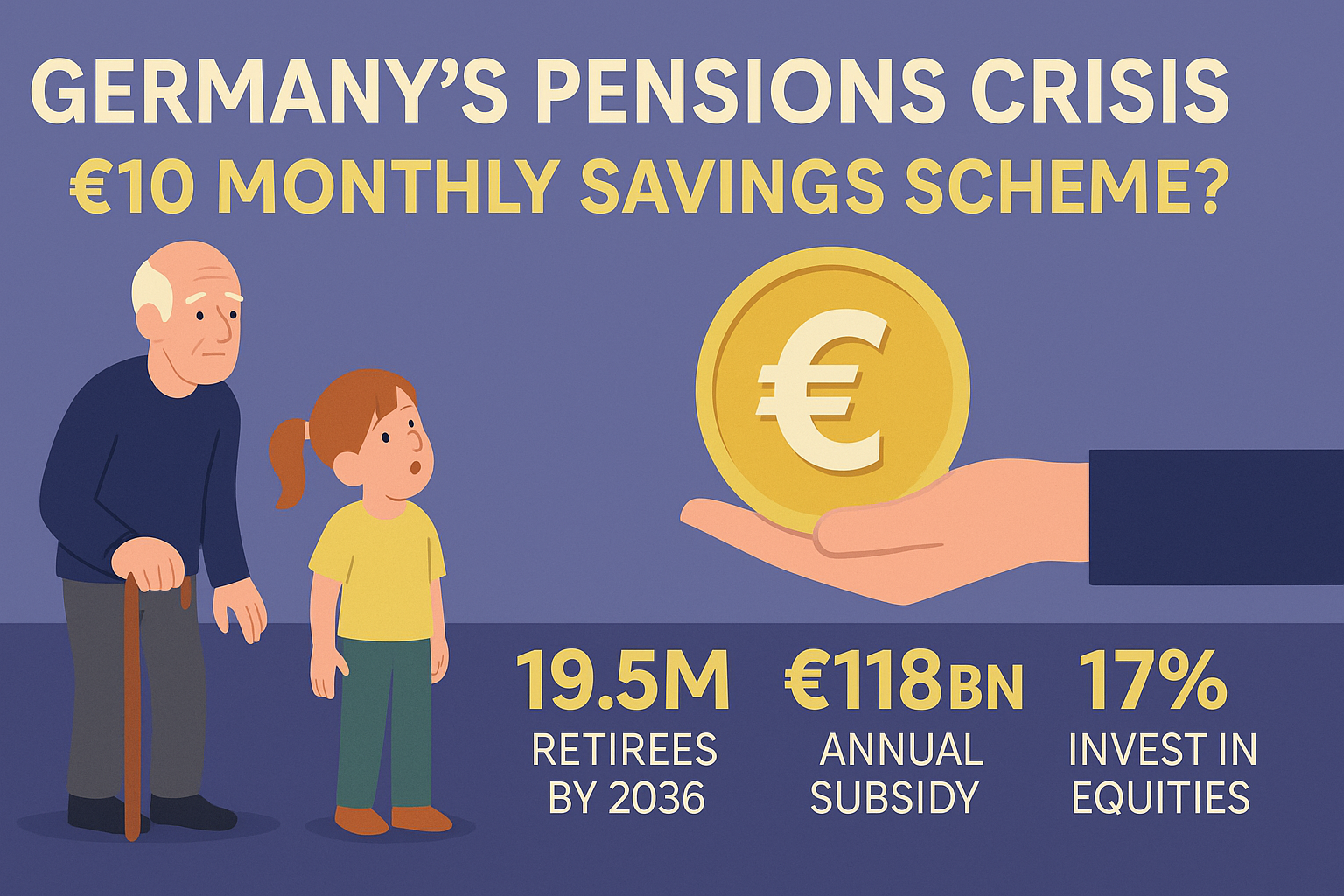Paris – August 2025
French Prime Minister François Bayrou sparked public outcry last month with a proposal to cut two of France’s 11 annual public holidays as part of the 2026 budget. The move, aimed at narrowing the government’s large fiscal deficit, was denounced by critics as a “direct attack” on French society and “a symbol of social violence.”
Bayrou argued that additional working days, particularly in May, a month often disrupted by multiple holidays, would help raise productivity. He compared the calendar to “a Gruyère cheese full of holes” and estimated that the reform could generate around €4.2 billion in additional output — roughly a tenth of the planned €43.8 billion in savings needed to reduce France’s deficit.
The Economics of Extra Work
But experts remain sceptical. France’s statistics office Insee calculated that each additional worked holiday would raise GDP by only 0.06–0.08% — a modest gain with limited impact on long-term growth. Studies in England and Wales, which have fewer holidays (eight annually), suggest that while holidays may temporarily dent GDP, much of the effect is offset by a “bounceback” in the following months. Moreover, industries such as retail and tourism often benefit from increased demand on holiday dates.
The Case for Rest and Productivity
Research also underscores the importance of rest for productivity. Psychologists point to “recovery processes” — the mental and physical benefits of detaching from work. Michael Clinton, professor of work psychology at King’s College London, notes that vacation days recharge motivation and energy, making employees more engaged when they return.
He cites research showing that insufficient rest can diminish self-control, increasing the likelihood of risky behaviours such as reckless driving.
Historical Precedents and Public Resistance
Attempts to reduce holidays have often been politically fraught. In Denmark, the 2023 abolition of Great Prayer Day sparked mass protests. In France, a 2005 effort to make Whit Monday a working “solidarity day” for elderly care also met fierce resistance, with unions declaring that forcing unpaid work was “illegal” and unfairly shifted government responsibilities onto employees.
Balancing Growth and Social Contract
While some governments, including those in Slovakia and Denmark, have experimented with cutting public holidays, economists caution that the benefits are limited and the social costs high. In the US, even amid debates over holiday costs, new commemorations such as Juneteenth have been introduced.
Ultimately, public holidays are viewed not only as an economic variable but also as part of the social contract — a recognition of workers’ rights to rest and recuperation. Attempts to reduce them risk undermining both wellbeing and political stability, while delivering only marginal fiscal gains.








